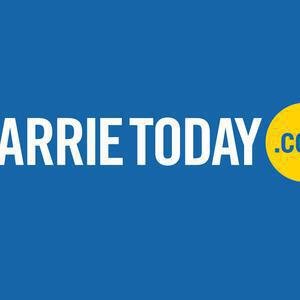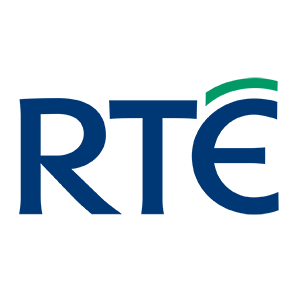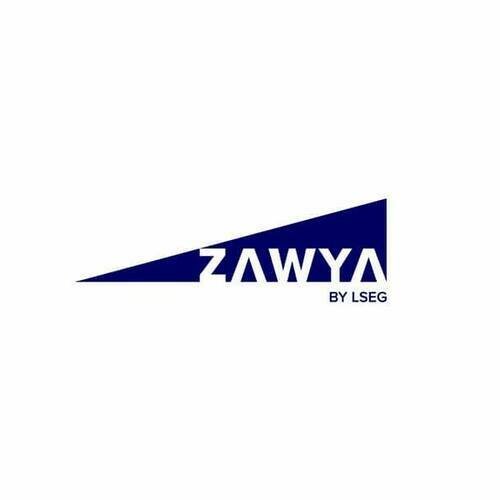The International Monetary Fund (IMF) gave its latest forecast on the world economy on Tuesday, Oct. 22. During the meeting, IMF Chief Economist Pierre-Olivier Gourinchas warned trade restrictions could put downward pressure on that growth.
The global financial agency declined to comment on certain elections of proposals by presidential candidates. Excluding 2024 election promises, the IMF says its seen a tripling in trade-distorting measures from the U.S., China and EU from 2019 to now.
“When we look at the impact that rising trade tensions could have, there are two dimensions of this,” Gourinchas explained. “One is, of course, increasing tariffs between different blocs, that will disrupt trade, that will misallocate resources, that will weigh down on economic activity. But there is also an associated layer that comes from the uncertainty that increases related to future trade policy, and it will also depress investment, depress economic activity and consumption.
“And when we put these two together, we find an impact on world output that is of the order of about 0.5% of output levels in 2026. So it’s a quite sizable effect of both an increase in tariffs between different countries and an increase in trade policy uncertainty,” he continued.
He said it’s not just something that ultimately harms the global economy.
“They’re also hurtful for the countries that implement them as well because the impact on global trade also makes the residents of the country poor,” Gourinchas said.
It’s not a new view for economists worldwide. The nonpartisan Peterson Institute for International Economics estimates former President Donald Trump’s higher-end tariff proposals would cost the typical U.S. household $2,600 a year. However, it’s a finding the Republican candidate rejects.
“The higher the tariff, the more likely it is that the company will come into the United States and build a factory in the United States so it doesn’t have to pay the tariff,” Trump said.
In the latest AP-NORC poll, voters said they trust Trump more than Vice President Kamala Harris when it comes to tariff policies. As for whom voters trust more with the economy, Trump holds a slight edge at 43% compared to Harris at 41%.
When it comes to the current state of the U.S. economy, only 38% say it is somewhat or very good. The results are drastically different depending on the voter’s political party, with 13% of Republicans calling it good compared to 61% of Democrats.
Despite the vibes inside the country, the IMF rates the U.S. economy as “very good.”
“There is strong productivity growth that we see when we look at the U.S. that’s somewhat unlike other advanced economies, in fact, when we look around the world,” Gourinchas said.
The IMF expects the U.S. economy to grow at a 2.8% rate in 2024, compared to 1.8% among advanced economies as a whole.




















